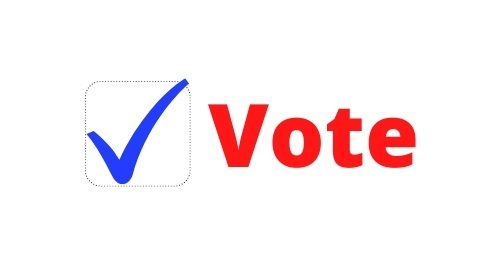The City of Henderson, non-partisan municipal elections will be delayed until March 8, 2022.
NC Senate Bill 722 became law today.
Henderson is one of more than 30 municipalities across North Carolina that will delay elections originally scheduled for later this year.
Mayor Eddie Ellington told WIZS News the City Council passed a resolution in preparation for this decision at it’s June meeting.
The delay will allow for the revising of electoral districts based on new population numbers from the 2020 U.S. Census.
It is important to note in Vance County that the Kittrell and Middleburg elections are not affected.
Vance County Board of Elections Director Faye Gill said the filing periods for Kittrell and Middleburg are “July 2, 2021 – 12:00 noon thru July 16, 2021 – 12:00 noon. Election Day is Tuesday, November 2, 2021. The Board of Election Office will not close for lunch during filing but the office will be closed on Monday, July 5, 2021 in observance of July 4th. Filing fee is $5.00.”
Ellington said, “I stand by this legislation being that it can be very confusing for citizens and voters to understand why one municipality would be having an election, while another is not.” He cited the state board as well as the local board of elections as recommending the delay.
As the law pertains to the City of Henderson, the terms of council members involved will be extended until successors are elected in 2022.
According to a press release from the North Carolina State Board of Elections, candidate filing periods for the delayed elections will be held either in December 2021 or January 2022, depending on when each municipality completes the redrawing of its districts.
With the Henderson, non-partisan election scheduled for March 8, Gill said a runoff date of April 26, 2022 will be scheduled if needed or May 17, 2022 will be used if a federal second primary is held.
The state board press release indicates that for 2022 only, the law removes the prohibition on voter registration between the first and second primaries. Eligible voters who register after the date of the first primary may vote in the second primary. Voters may not change their party affiliation between the first and second primary.
Ellington said, “Sixty two of the more than 500 municipalities across the state depend on this Census data because candidates submit paperwork and the voters cast ballots based on their specific ward or district.”
